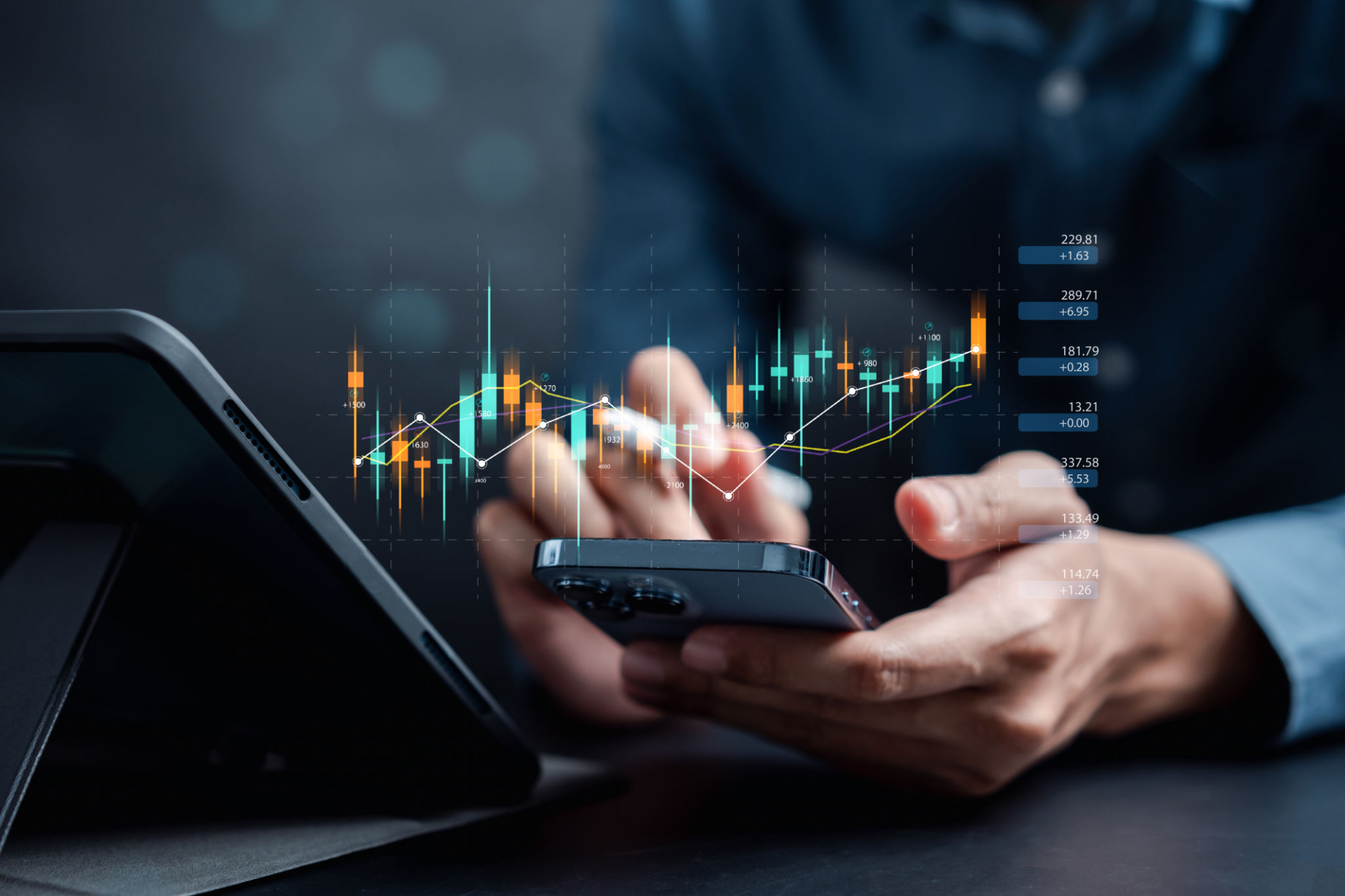Top Forex Training Tips for Beginners: Start Trading in Cyprus
Understanding the Basics of Forex Trading
Embarking on the journey of forex trading can be both exciting and overwhelming for beginners. To start trading in Cyprus, it's essential to grasp the basic concepts and terminology of the forex market. Forex, or foreign exchange, involves trading currencies against each other with the goal of making a profit. Understanding key terms like currency pairs, pips, spreads, and leverage will give you a solid foundation to build upon.
Before diving into the market, familiarize yourself with the fundamental principles of forex trading. This includes understanding how currency values are affected by economic indicators, geopolitical events, and market sentiment. Taking the time to learn about these factors will help you make informed trading decisions.

Choosing a Reliable Forex Broker in Cyprus
One of the most important steps in your forex trading journey is selecting a trustworthy broker. A reliable broker will provide you with access to the forex market, offer a secure trading platform, and provide educational resources to help you succeed. In Cyprus, look for brokers that are regulated by the Cyprus Securities and Exchange Commission (CySEC) to ensure compliance with industry standards.
When choosing a broker, consider factors such as trading fees, available currency pairs, customer support, and the quality of their trading platform. It's also beneficial to read reviews and seek recommendations from experienced traders to find a broker that meets your needs.
Developing a Solid Trading Strategy
Having a well-defined trading strategy is crucial for success in the forex market. Your strategy should outline your trading goals, risk tolerance, and preferred trading style. Whether you prefer day trading, swing trading, or position trading, having a plan will help you stay disciplined and avoid emotional decision-making.

Backtesting your strategy using historical data can help you determine its effectiveness before applying it to live trades. Additionally, keep a trading journal to record your trades, analyze your performance, and identify areas for improvement. This practice will enable you to refine your strategy over time.
Utilizing Demo Accounts for Practice
Before risking real money, it's wise to practice with a demo account. Demo accounts allow you to trade with virtual funds in real market conditions, giving you the opportunity to test your strategies and gain confidence without financial risk. Most brokers offer demo accounts, making it easy for beginners to get started.
Take advantage of this risk-free environment to experiment with different trading techniques and tools. As you become more comfortable with the trading platform and your strategy, you'll be better prepared to transition to live trading.

Continuing Education and Staying Informed
The forex market is dynamic and ever-changing, making continuous education essential for traders at all levels. Stay informed about global economic news and trends that could impact currency values. Participating in webinars, reading forex books, and following reputable financial news sources will help you stay updated on market developments.
Joining online forums and communities can also provide valuable insights from fellow traders. Engaging with others in the forex community allows you to share experiences, ask questions, and learn from those with more experience.
Managing Risk Effectively
Effective risk management is a cornerstone of successful forex trading. It's important to set stop-loss orders to limit potential losses and to only risk a small percentage of your trading capital on each trade. This approach helps protect your account from significant drawdowns and allows you to stay in the game longer.
By maintaining a disciplined approach to risk management, you'll be better equipped to handle the ups and downs of the forex market. Always remember that preserving your capital is just as important as making profits.